Construction Financing and the COVID-19 Challenge
Project sponsors should expect tighter underwriting, higher cost of capital and more limited options.
Advance Realty Investors and Greek Development could tell you a lot about what it takes to get construction financed in this climate. The partners are teaming up on Logan North Industrial Park, a 3.2 million-square-foot industrial project in Logan Township, N.J., a Philadelphia suburb.
But by the time the developers were ready to go out into the market for financing, the pandemic was in full swing. Some lenders suddenly found construction loans to be too risky, while others were tied up with processing federal Payroll Protection Program loans. “It was very stressful at times,” said Alexander Cocoziello, a principal & managing director of capital markets for Advance. Lenders, he noted “have been extremely resistant to new deals.”
But Advance and Greek had several things going for them, not the least of which were Advance’s 25-year relationship with Wells Fargo and decade-long ties to Provident Bank, a New Jersey-based community institution. Preleasing was in good shape, as well. Advance Realty and Greek Development had secured blue-chip tenants—Target and Lineage Logistics, a cold-storage operator—to pre-lease two buildings that will account for 1.3 million square feet of the project’s footprint. Also in their favor was an attractive location near Philadelphia and their own strong track record as sponsors.
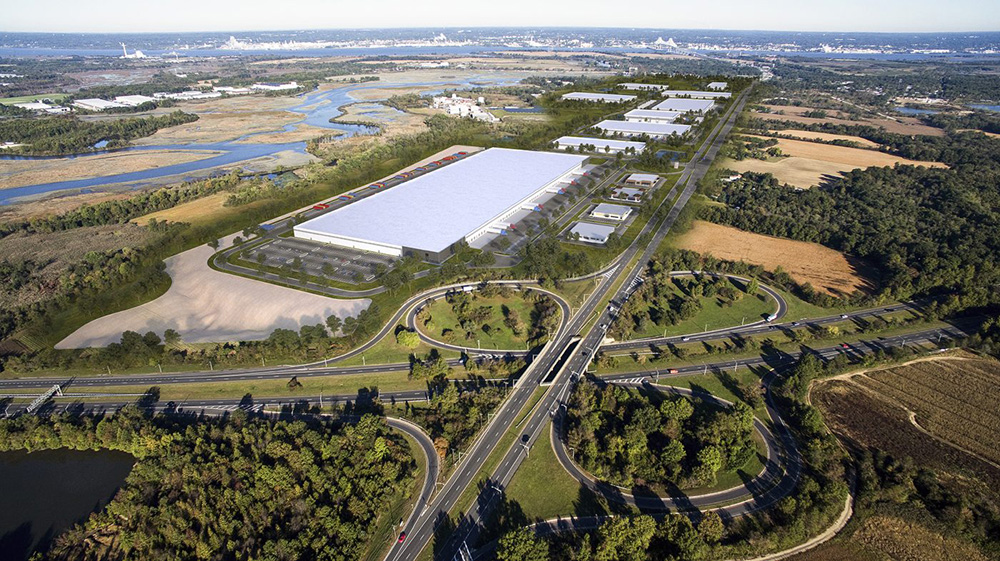
Overview of the planned Logan North Industrial Park in Logan Township, N.J. It will be 3.2 million square feet upon completion. Image courtesy of Advance Realty Investors
On that basis, a team from Cushman & Wakefield Equity, Debt & Structured Finance was able to secure bids and arrange two loans. Wells Fargo provided $69 million in construction financing for the larger building, which Target will occupy. The cold storage property secured a $35 million construction loan from Provident Bank. Term sheets were signed in late May and the deals closed in early July.
The experience of Advance and Greek on Logan North Industrial Park reflects the challenges faced by countless sponsors seeking construction loans. Deals are getting done, but in a more restrictive environment. Financing construction projects other than industrial and multifamily is difficult, and all projects are getting closer scrutiny. Sponsors will also find tighter underwriting and higher prices.
In bidding on the Logan North deal, Provident Bank capitalized on the decision of larger lenders to stay on the sidelines, reported Walter Sierotko, the bank’s chief commercial lending officer. “We probably wouldn’t have gotten that deal before COVID-19,” he said. “Somebody would have been more aggressive six months ago.”
Changing terms
But borrowers should be prepared for terms to be significantly different than they were less than a year ago. “Today 65 percent loan-to-cost seems to be (the) max, while six months ago, sponsors could get 70 percent to 75 percent LTC,” Sierotko reported. Instead of nonrecourse terms being available for loan-to-cost deals of 65 percent or less, some level of recourse is now standard, he added.
The scale of a lender can bring distinction, as well. Regional banks tend to offer more aggressive terms than their national counterparts, noted Scott Modelski, managing director at Black Bear Capital Partners, which specializes in structured debt and equity deals. But even they have pulled leverage back slightly and increased pricing, he said, and are mostly focused on industrial and multifamily assets. “Things are happening but it’s a slow thaw right now from credit markets freezing,” added Black Bear Senior Managing Director Matt Stearns.
One encouraging possibility: Some lenders that are now holding off on construction may be back by late in the third quarter, said James Koman, CEO & founder of ElmTree Funds, a St. Louis-based private investment management firm.
Daniel Geuther, a director on Berkadia’s mortgage banking team, reported that life company lending “has seesawed a little more aggressively than the others.” He cited the corporate bond spread, which skyrocketed early in the pandemic, and, compared to corporate debt, made real estate lending much less attractive to many life companies. New deals were put on hold for 45 days or more, and few life company loans closed in April and early May.
“Life companies began dipping their toes back in the water to quote new deals in May or June,” Geuther said, and those loans are being underwritten more conservatively. He does expect to see more transactions beginning in the fourth quarter. Construction loans are generally less available from debt funds because they are focusing on deals that provide cash flow, such as acquisitions and refinancing.
But there are exceptions. Madison Realty Capital, which handles both debt and equity transactions, has completed numerous construction deals during the pandemic. “We are actively providing this kind of capital,” said Joshua Zegen, the firm’s managing principal & co-founder, adding that the firm has plenty of dry power. MRC is focused mainly on construction lending for multifamily, along with a somewhat smaller volume of industrial loans.
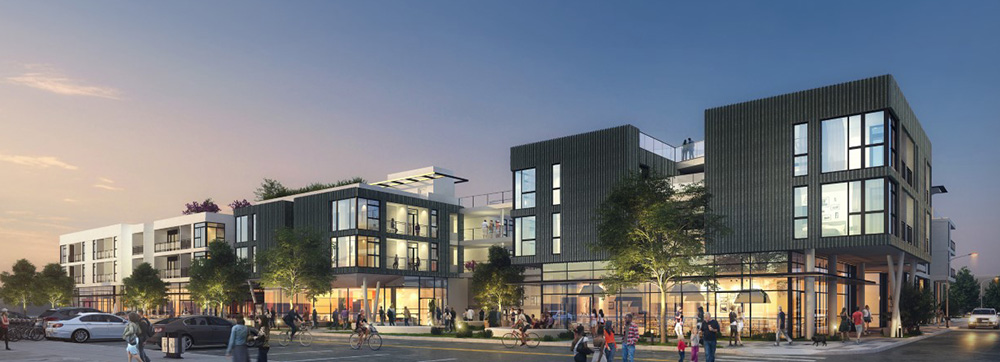
Rendering of a large-scale multifamily project on two sites at 3030 Nebraska Ave. and 3025 Olympic Blvd., in Santa Monica, Calif. being developed by WS Communities. Image courtesy of Madison Realty Capital.
Multifamily plays and tough sells
In one MRC multifamily construction deal, the firm provided a $102 million first mortgage for Invesca Development Group to finish construction of a luxury rental property just north of Fort Lauderdale in Pompano Beach, Fla. Currently in lease-up, the 214-unit property also includes 12,000 square feet of retail. Invesca will also use proceeds to begin building a nearby 330-unit project in Plantation, Fla. That mixed-use development also features a commercial building, office space and townhome lots.
On the opposite coast, MRC originated a $150 million loan to WS Communities, to develop a large-scale multifamily project in Santa Monica, Calif., and refinance and renovate six multifamily properties elsewhere in the city. Justin Piasecki, a principal for Avison Young who worked on the deal, reported that the Santa Monica deal was originally limited to about $100 million for the site of the new development. Zegen agreed to refinance existing properties to improve collateral and provide a blanket loan.
Mosaic Real Estate Credit, the debt platform of Mosaic Real Estate Investors, has a “nice healthy pipeline today” mainly focused on high-quality ground-up multifamily and industrial projects and expects to continue closing deals this year, said co-founder Vicky Schiff. She declined to quote rates but noted that underwriting will likely be more conservative. “We look like a blend of mezzanine and first mortgage,” she said.
Construction loans are again being originated for condo projects in New York City, Seattle and Tampa, Fla., noted Chris Moyer, a managing director at Cushman & Wakefield Equity, Debt & Structured Finance. For other asset categories, however, securing construction financing is considerably more problematical. “Office is the big debate now. I don’t think anybody has enough confidence at the moment,” Moyer said. “It’s very, very challenging.”
Development financing for hotels tends to be a tough sell, as well. Private-equity lenders that were recently active in the hospitality space have shut off construction loans for the time being, industry insiders reported. About 95 percent of those deals are on hold unless they are small properties in niche locations, according to Koman of ElmTree Funds. Retail development, even smaller grocery-anchored developments, are also on ice.
Some private equity firms are doing “stretch senior” deals, Piasecki reported. That involves issuing a first mortgage and adding a mezzanine piece to reach 70 percent to 80 percent of the capital stack. “Rates for the first mortgage with these private equity funds are all over the place,” he said. “I’ve seen everything from 7 percent to 11 percent.”

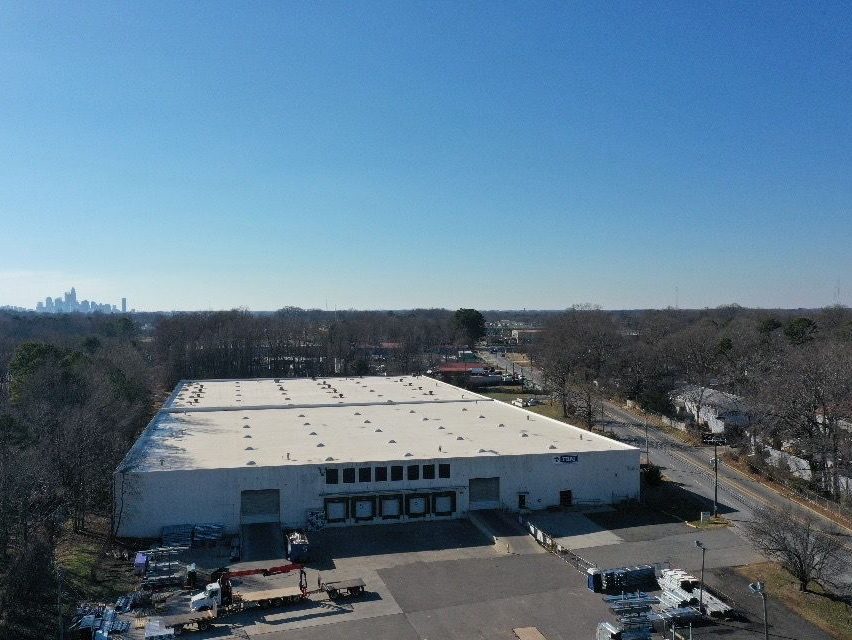
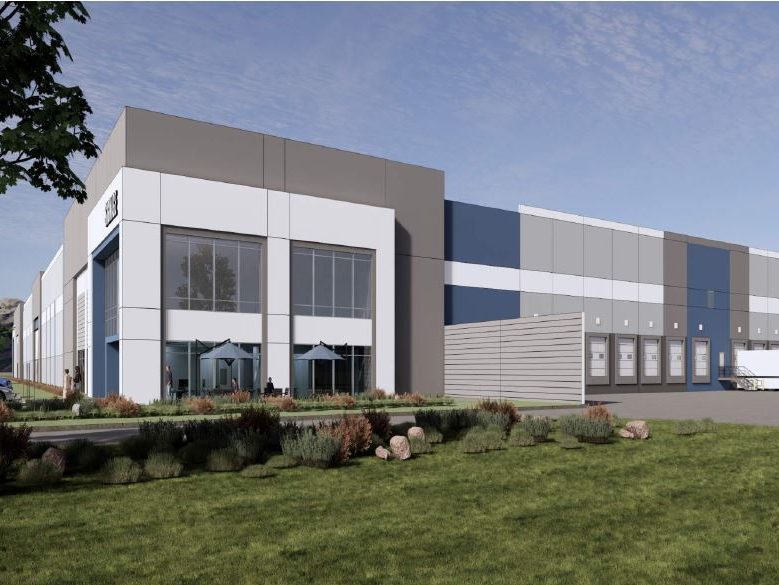
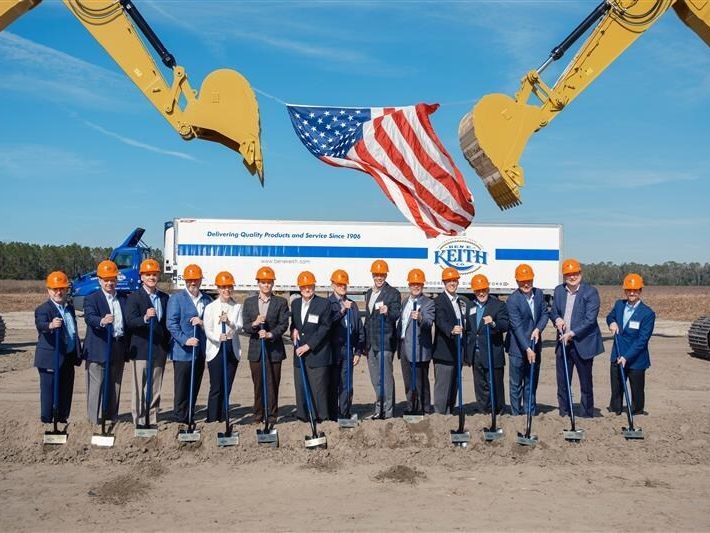
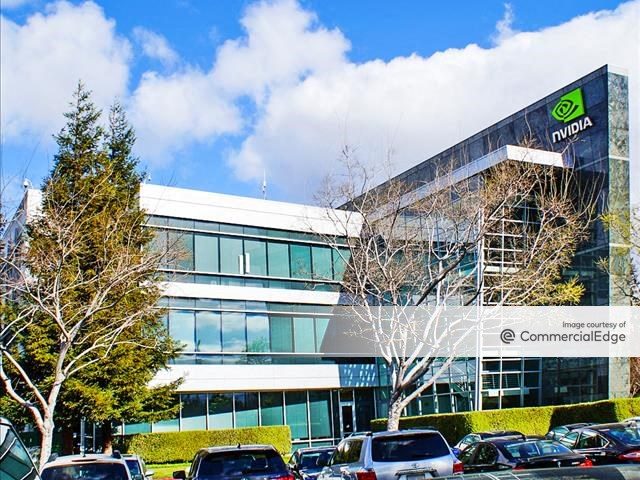

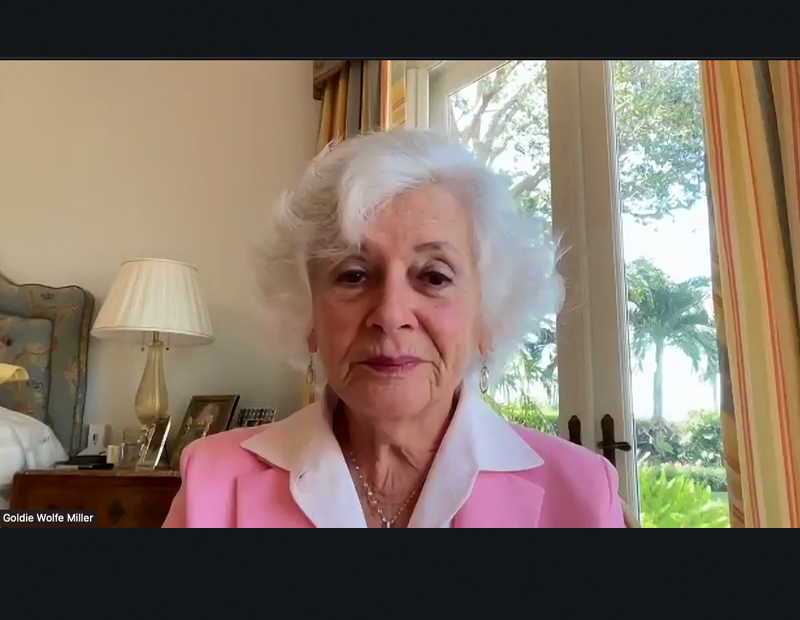
You must be logged in to post a comment.